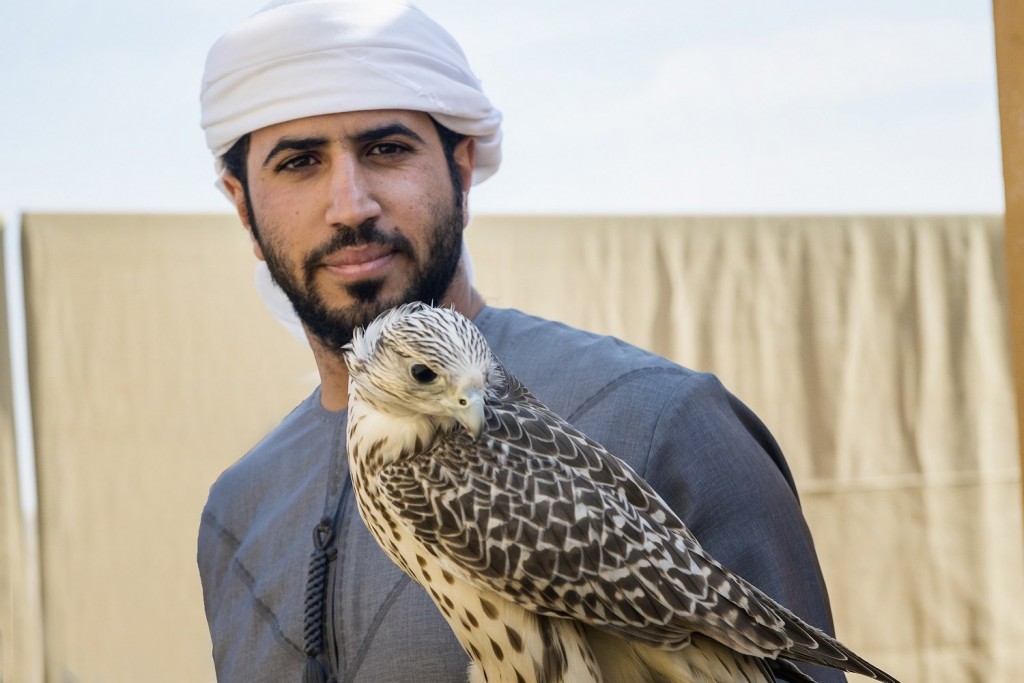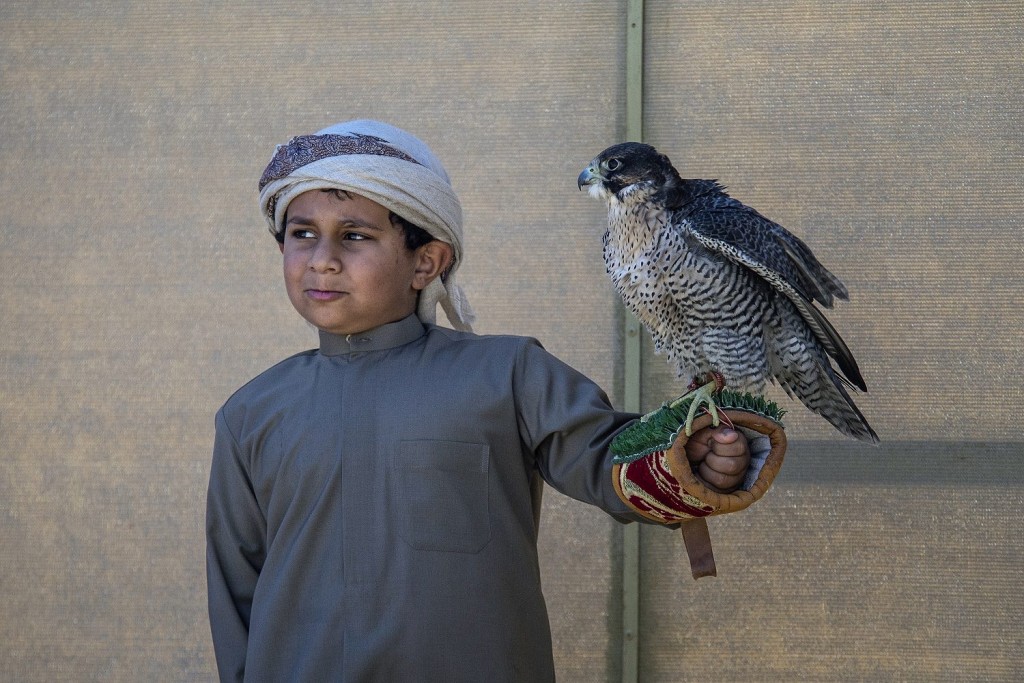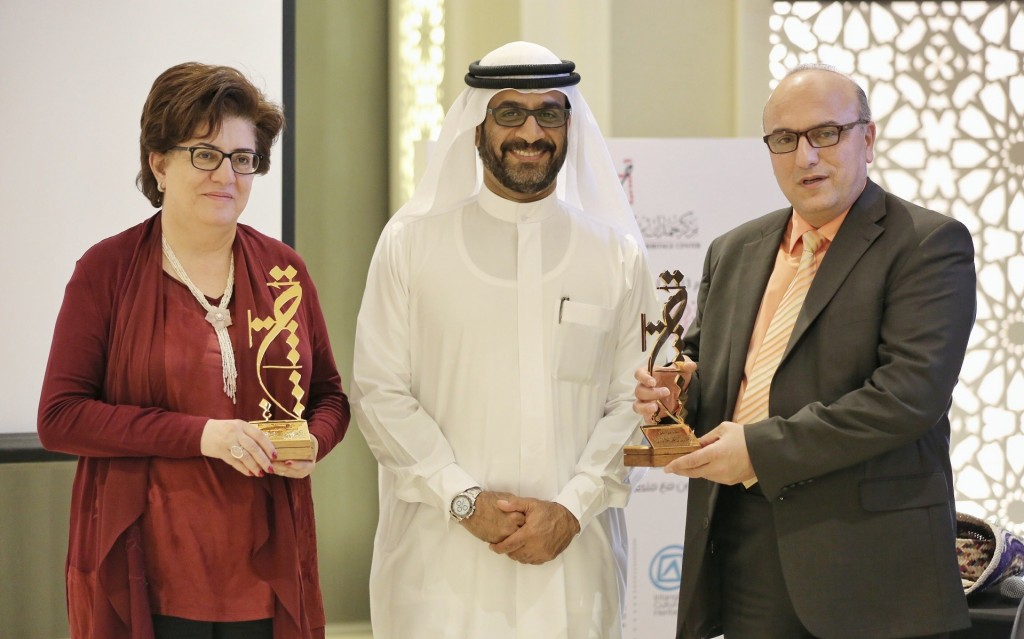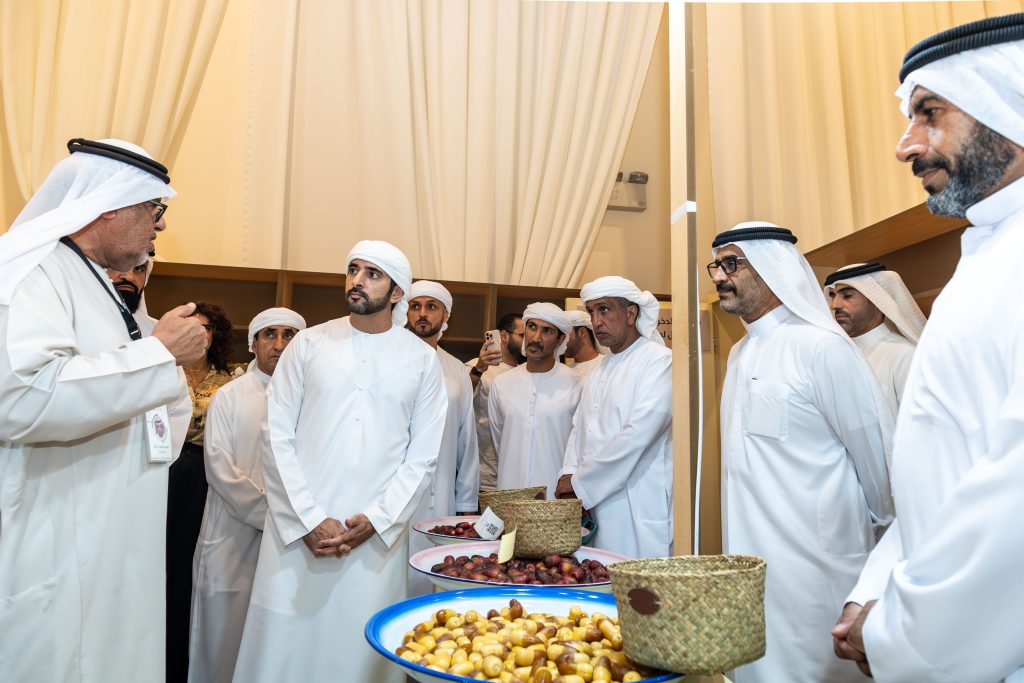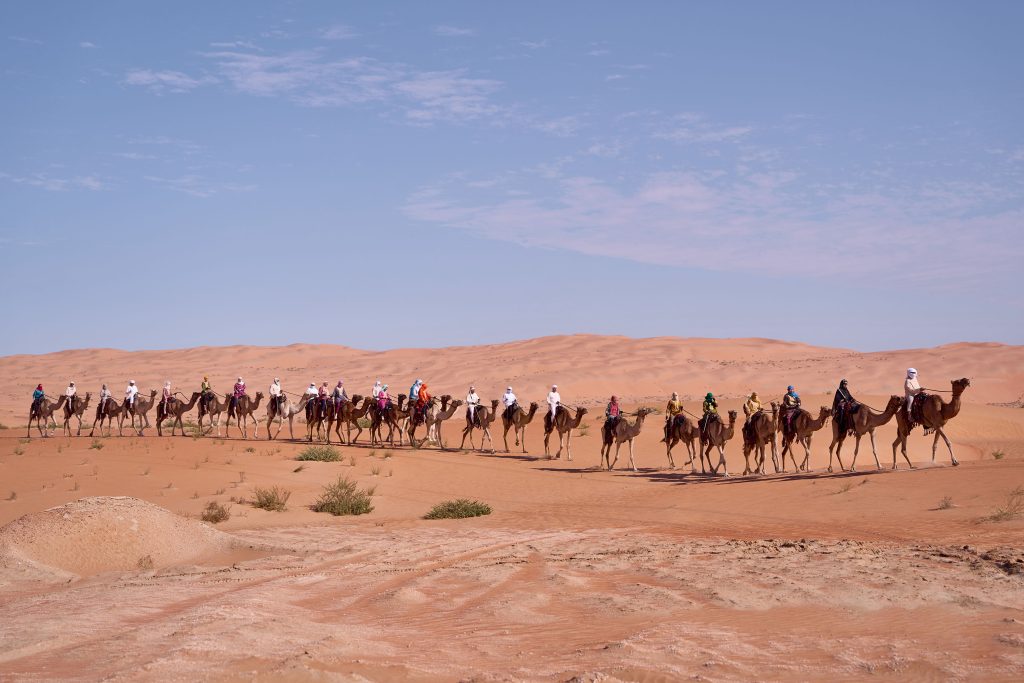Dubai, February 5 2016 – There were anxious looks etched all over the falconers’ faces in the majlis at the Farkh Al Ayjal (‘The Pride of the Generation’) Championship for Falconry Telwah in the Al Ruwayyah area of Dubai on Thursday.
Falcon racing isn’t an exact science and, with form capable of fluctuating as frequently as a bird’s wings, the last thing anybody wanted at this late stage in proceedings is a gusty breeze at this event, which is being organized and supervised by the Hamdan Bin Mohammed Heritage Center (HHC).
But, for those competing in the ‘Pure Jeer Farkh,’ ‘Pure Jeer Jernaas,’ ‘Jeer Shaheen Farkh’ and ‘Jeer Shaheen Jernaas’ categories, that’s exactly what they got as disruptive winds threatened to scupper their fledgling hopes of reaching next Tuesday’s (February 9th) Telwah final.
Organisers had done their very best to limit the impact of the interchangeable elements by installing banks upon banks of portal windbreakers and watering the sand, thereby giving the challengers as smooth a flight as possible. However, nature is an imponderable and uncontrollable phenomenon and everyone in attendance simply had to accept that the falcons’ performances and times would dip slightly as a consequence.
It’s often hard enough to foresee or predict just how well – or otherwise – your bird will fare on any given day as it is even without the wind, as any seasoned and shrewd observer will readily tell you.
“You can have good days and bad,” admitted Hungarian Zoltan Loerentei, who breeds and trains birds for Emirati falconer Hussain Lootah at the Dubai Falcon Center.
“If you have a bird that usually flies exceedingly well, then you have a good chance to either win or post a good time. But, even with the very good birds, their performances are not always the same. Sometimes, they have a really good day and produce that ‘Wow’ factor, whereas – at others – they have a bad day and do things that they’ve never done before – they can go up, left or right and not fly at their full speed. That’s life. It is a competition after all.”
Slovenia’s Primoz Briski Cirman, who breeds falcons exclusively for Emirati falconer Khalaf Al Mazrouei, commented: “When I first heard about this style of falcon racing (Telwah), I couldn’t quite imagine how exactly it would be. I thought to myself: ‘Oh, it’s bound to be easy and we can all compete in it,’ but it’s far from it. It’s too hilly and there are too many woodland areas to train in Slovenia and Europe. I admire Khalaf because he trains 30 falcons every day in the mornings and the evenings. It’s a big passion and it’s very hard to get a good outcome. One very small mistake can ruin everything.”
Those finite margins are where this heritage sport gets its quintessential appeal nonetheless, with Mark Williams – the managing director of tracking developers Marshall Radio Telemetry – only too aware of the purpose of this tournament.
“It’s a great thing,” he enthused. “It’s a way for people to have a connection with their roots and maintain that cultural heritage. The Fazza Championships have provided an outlet to do exactly that.”
Today’s (Friday’s) action is reserved entirely for the future generations, with young Emirati falconers taking part in two categories: ‘Tibah Wahash’ and ‘Tibah Jeer.’


